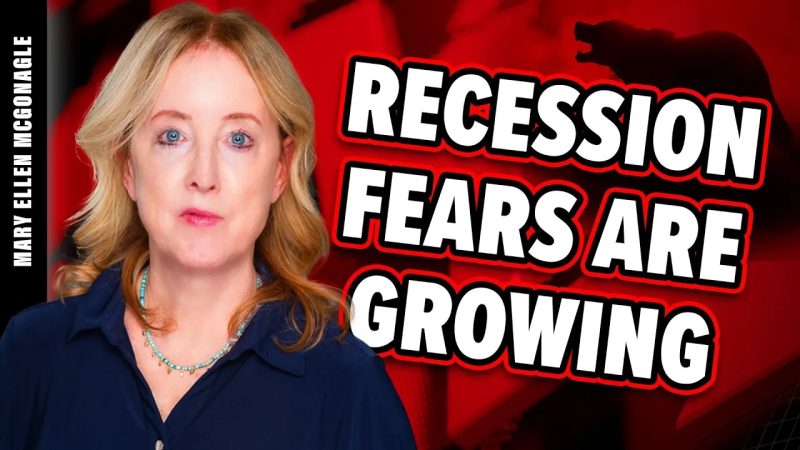The recent nosedive in the global markets has sent shockwaves through the financial world, triggering widespread panic and uncertainty among investors. As recession fears loom large, asset prices have plummeted, leading to significant losses for both individual and institutional investors.
One of the primary factors contributing to this market turmoil is the ongoing trade war between the United States and China. The tit-for-tat tariffs imposed by both countries have disrupted global supply chains, increased production costs, and dampened consumer demand. As a result, businesses across various sectors are facing declining revenues and profitability, leading to a bearish sentiment in the stock markets.
Moreover, the inverted yield curve has also sparked concerns about an impending recession. Historically, an inverted yield curve, where short-term interest rates exceed long-term rates, has preceded economic downturns. The recent inversion of the yield curve has fueled fears of an imminent recession, causing investors to flee riskier assets in favor of safer investments such as government bonds.
Central banks have been closely monitoring the situation and have signaled their willingness to intervene to support the economy if necessary. The U.S. Federal Reserve, for example, recently cut interest rates to provide a stimulus to the economy and mitigate the risk of a recession. However, central banks have limited tools at their disposal, and their ability to counteract the impact of a potential recession remains uncertain.
In response to the market downturn, investors have adopted a defensive stance by reallocating their portfolios towards defensive sectors such as healthcare, consumer staples, and utilities. These sectors tend to be less cyclical and more resilient during economic downturns, making them attractive options for investors seeking stability and security in times of market volatility.
Amidst the prevailing uncertainty, it is essential for investors to remain vigilant and informed about market developments. Diversification, prudent risk management, and a long-term investment horizon are crucial in weathering market turbulence and preserving wealth during challenging times. By staying informed, disciplined, and proactive, investors can navigate the current market environment with confidence and resilience.




























